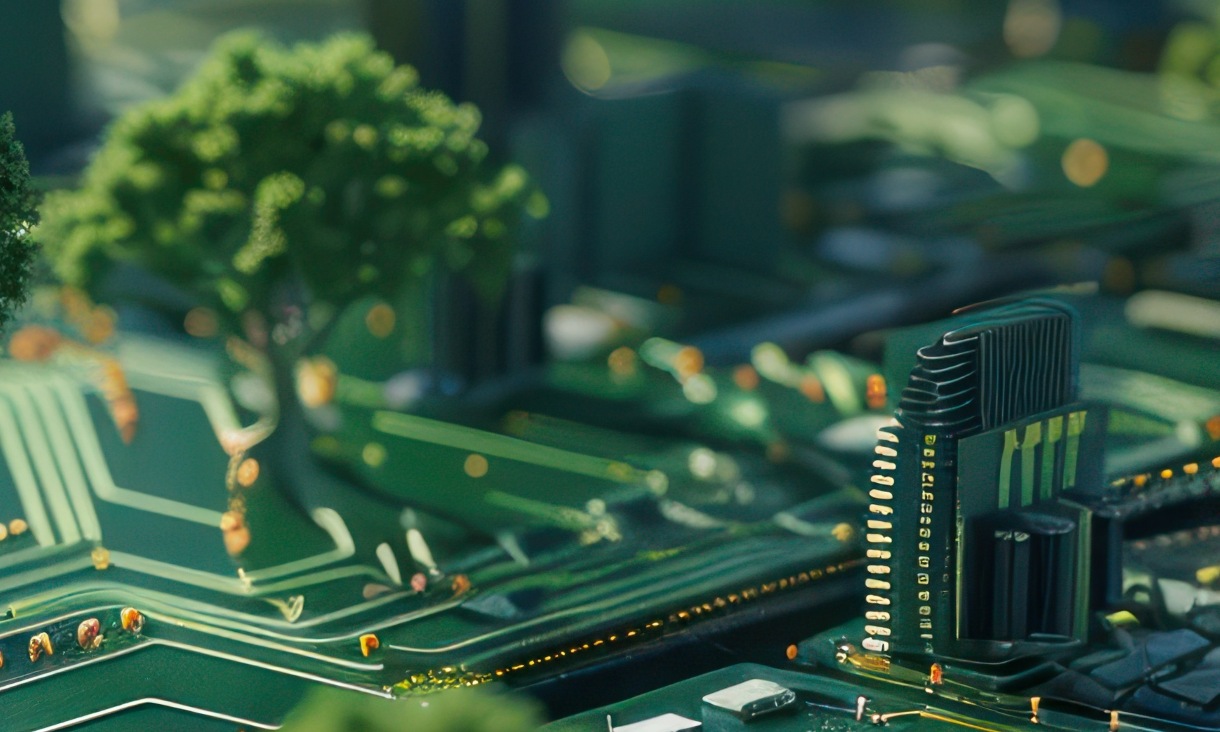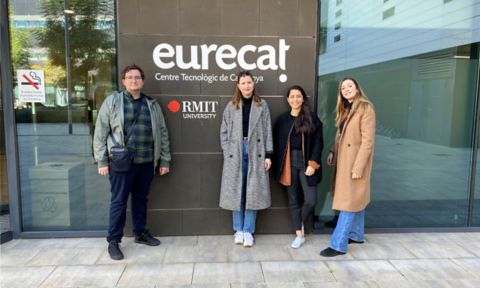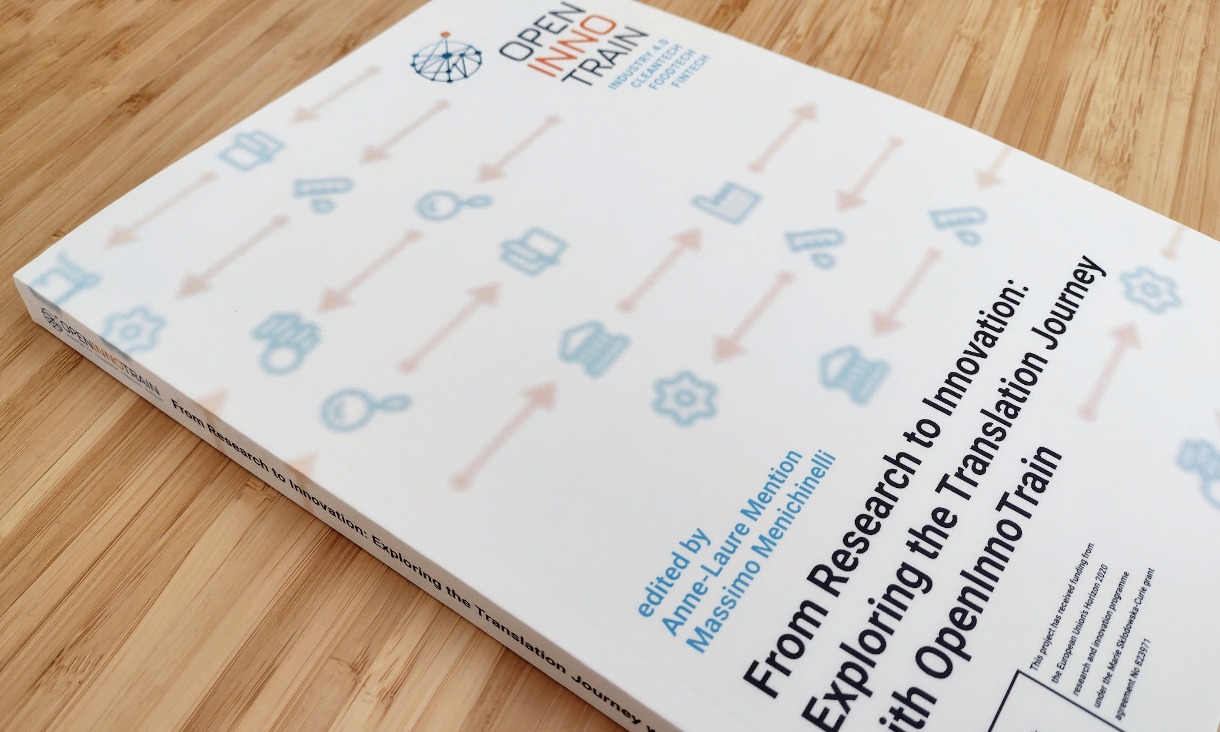From 3D printed face shields to new face mask designs and analysis of the economic downturn’s impacts, our researchers have responded swiftly to the rapidly changing world around us.
But organisation-wide change has also been underway.
In June, RMIT’s cross-disciplinary collaborative structures, known as Enabling Capability Platforms or ECPs, launched the Post-COVID-19 Restart Initiatives
Since then over 1,500 experts, researchers and stakeholders from government, industry and the community have met at various RMIT virtual events to discuss the impacts that COVID-19 is having on our society - and what comes next.
The discussions have focused on developing strategies and solutions that will assist Australia in its recovery and re-growth in five key areas:
- A Greener Start – enabling environmentally sustainable futures
- A Fairer Start – enabling a more inclusive and equitable future
- A Better Work Start – enabling effective, resilient, ethical and responsible businesses for future workforces
- A Digital Start – enabling social innovation and inclusion for digital future
- A Healthier Start – enabling resilient health systems and populations responsive to major health challenges.
Deputy Vice-Chancellor Research & Innovation and Vice-President, Professor Calum Drummond, said RMIT’s commitment to shaping the world with impactful research had never been more important.
“The pandemic is changing the world around us and impacting the future we had believed possible,” he said.
“That makes it an especially important time to invite new ideas and listen to what our community and industry stakeholders see as major priorities and opportunities ahead.”
Based on the insights from these engagements, the cross-disciplinary teams are now focusing on co-designing responses with external partners, creating recovery roadmaps and informing public debate.
Associate Deputy Vice-Chancellor Capability and Innovation Capability, Professor Swee Mak, said he was excited about the research possibilities to emerge from the ReStarts.
“RMIT is well positioned to partner with industry to support post-COVID-19 challenges and regrowth,” he said.
“Our ECPs drive many of our major research strategies, and by mobilising the multidisciplinary, university-wide networks we have developed over the past four years, we have successfully pivoted our attention to focus on how we can support people, industry and society at large.”
Each Restart program has started developing concept papers to help inform future roadmaps and research opportunities, with more to be published soon.
Would you like to get involved in any of the restart initiatives? RMIT staff can register their interest here, while others can email research.partnerships@rmit.edu.au
Story: Michael Quin




